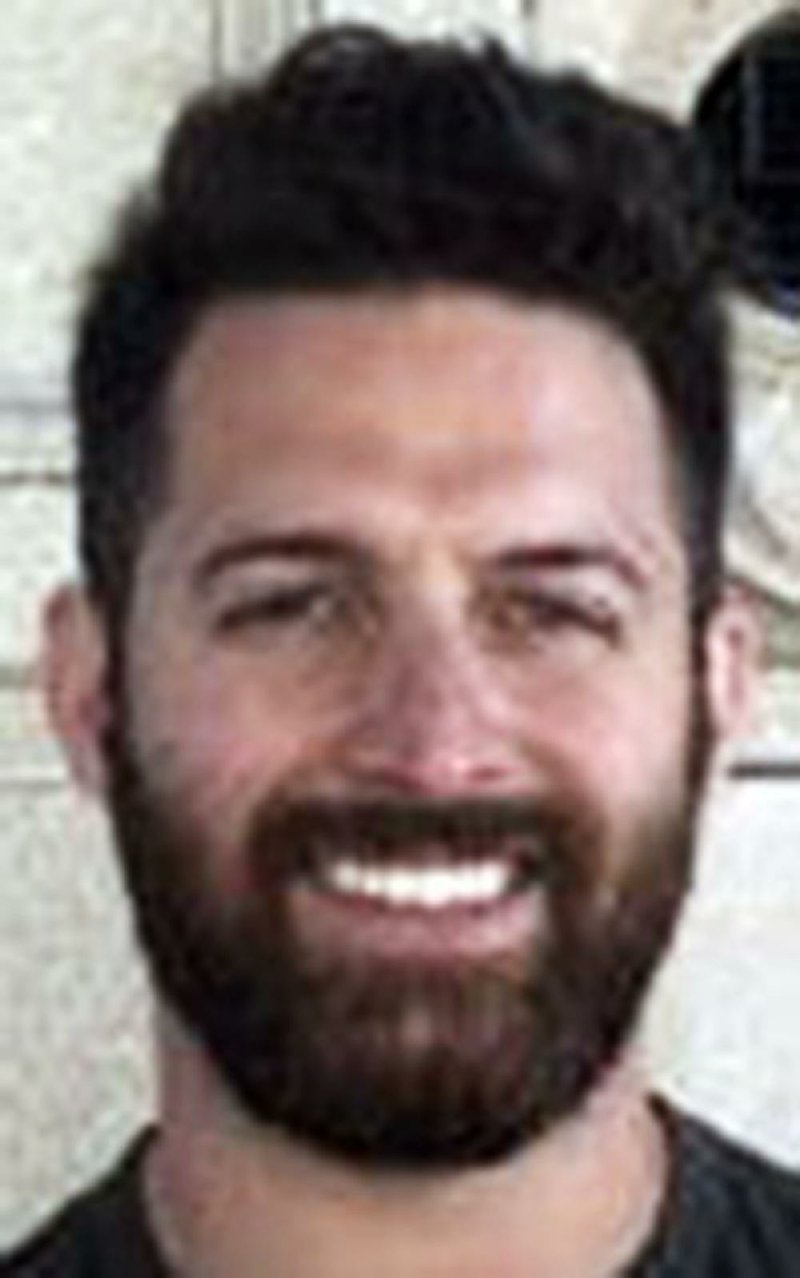When Andrew Parker's grandfather began suffering from dementia three years ago, his grandmother had to start taking care of the house and caring for him. It was hard work, and one day, Parker got the idea to hire a college student to help out. "I said, 'Hey, can you go hang out with my grandfather and make him a sandwich or something? I'll pay you, lets see how it goes."
His grandfather loved it. And more importantly, so did his grandmother. For a few hours, he said, "she got to go do her own thing."
It got Parker thinking. "There's so many seniors and so many college students out there." So in January the 30-year-old Miami resident launched a business called Papa, after his name for his grandfather. It connects students with seniors for light housekeeping or driving chores, but the company's real goal is in its slogan: "Grandkids on-Demand."
"We are specifically a service that links two generations," Parker said. "Our emphasis is this is a really fun day for a senior. Someone who might say, 'I don't want to bother my daughter or son but I want someone who can be with me for a day so I don't have to annoy my kids.'"
To date, the company has around 250 members who pay a monthly fee of $15 to $30 to belong, and then pay $15 per hour for visits by students, or Papa Pals. Pals must be enrolled in a 4-year college, or be working on a master's degree, a social work degree, or a nursing or medical degree. They must have a four-door car and pass a background check. And they are given a personality test, created by the company, that looks for people with empathy and patience and the ability to draw people out in conversation.
"The biggest thing we're focusing on is curing loneliness," Parker said. "If a senior calls, they're not calling and saying, 'I'm lonely.' But what starts as a visit to a doctor or a grocery store can go from a two-hour visit to a 10-hour visit."
Sometimes they'll call for one task and then add on an activity. They might go to the park with a Pal, or go to the mall, go sit on the beach. The average visit lasts three hours, but some can go for eight or nine or 10 hours.
Recently a member brought a Papa Pal to a wedding. Another member was on the campaign trail with Ronald Reagan and is working on a book about it; three Papa Pals are helping her.
Connie Piloto of Dallas hired a Pal for her mother, Maria Piloto, 80, who lives in Miami and has dementia. "I asked for someone who could speak Spanish because that's my mom's primary language," she said. "In some ways it's been a lifesaver... . Caregiving is hard, and it's even harder when you're thousands of miles away. This helps. It provides another level of care, another set of eyes. It just creates another avenue for her to see folks and talk to folks."
The intimate and casual nature of the relationship -- and the relative youth of the Pals -- can also make them easier to work with than more traditional aides, Piloto said. "These young kids are not scared of new technology and they're not scared of telling the doctor, 'We really need to call her daughter,' and they get on the phone and they FaceTime me. I feel like I can text or get on the phone more easily with Pals than I can with a traditional service. For me, it does feel like family."
Being with a young person also stimulates her mother, Piloto said. "Mom gets to talk about her days as a youngster," she said, adding, "I don't know what it is with pairing an octogenarian with a millennial, but it works."
Zuny Meza, Maria Piloto's Pal, says she asks her to drive a block out of her way to pick flowers for her, because it reminds her of the flowers her husband used to bring her each week. Meza, a 23-year-old student at Florida International University, also plays Cuban music for Piloto as she drives her to appointments, and the two "dance" in the car together.
"It's something you could see that gives her life a little bit of animation," Meza said. For her part, after losing her grandmother, with whom she was very close, at 14, she likes the connection. "I always gravitate to being with older people," she said. "I like to hear what they have to say, and I know for them just to be heard is really important."
The service is currently available only in Florida, but Parker plans to expand to 10 more states next year. And he said the services Papa Pals provide fall under some of the nonmedical care services that the Center for Medicare and Medicaid has said it will start covering as a supplemental benefit for 2019.
Barbara Carroll-Marks, 66, a retired systems analyst and author in Pompano Beach, says the interactions she has with her Papa Pals are a stark contrast to her experiences with other paid care providers, who didn't seem like they wanted to be there.
"I loved them from the first day I got them," she said. Marks, who has Parkinson's disease, alternates between the same three Pals, and they come almost every day, often for six to nine hours. It reminds her of being with her own grandchildren, she said.
"If I cry -- sometimes I cry, because I'm pretty sick -- they will just try to make me feel better," she said. "The other day I was crying and Rachael, one of my girls, rubbed my back, and it was such a compassionate thing to do.
"I've had aides; these are Pals," she added. "It's a very different thing."
High Profile on 07/29/2018
